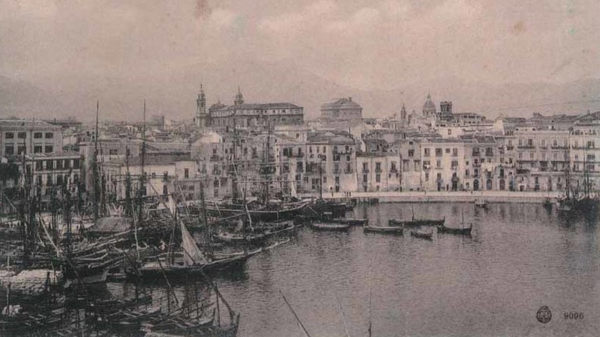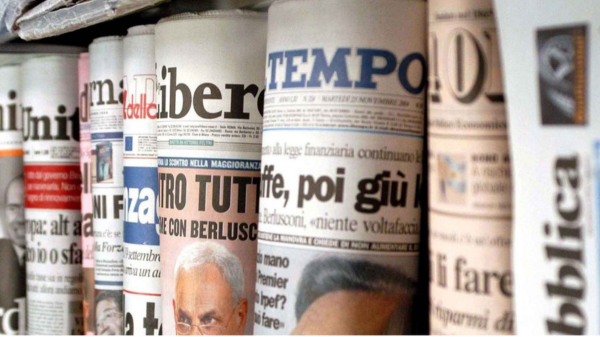Beemagazine had been included in the list of publications admitted to address the question to Prime Minister Mario Draghi, in the traditional press conference at the end of the year, organized by the National Order of Journalists, chaired by Carlo Bartoli, fresh from his election, in collaboration with the Parliamentary Press Association, chaired by Marco di Fonzo.
Except that the newspapers were numerous (79) and the agreement between the Prime Minister and the Order of Journalists set the number allowed to ask Draghi at 50. These 50 publications were chosen by drawing lots.
We therefore publish here the three questions we had prepared for Draghi, choosing one of them at the moment in case the other two had already been asked by colleagues. The oral questions would have been more concise, due to the need for time, but here we can make them more articulated.
First question: the failed “miracle” of the tax reform
President Draghi, in the meantime, best wishes! And also greetings to the new president of the Order of Journalists, and greetings to the president of the parliamentary press.
In recent months, you, President, have said more than once a phrase that Italians were not used to: “It is not the time to ask for money but to give it.”
A far more significant, and very different, sentence than another sentence just similar said by other governments: “we will not put our hands in the pockets of Italians”.
The Italians, however, President Draghi, expected from her a miracle, a fiscal miracle, an incisive, profound reform that would raise the certain middle class, the professional and productive middle class which over the years has increasingly become impoverished, proletarianized. Yet the middle class is the stabilizing factor of society in modern societies.
You President, which some publications now present as close to beatification, certainly for your undoubted merits earned over the years – we are still the land of saints and navigators – this miracle did not.
Should Italians expect a new Draghi government to do it? or must they resign themselves?
Second question: between thaumaturges and men of Providence
President, this is more of a personal question than a political or governmental question. It is an almost existential question of custom. I put it to him in deliberately simple terms: Doesn’t he begin to feel a certain annoyance at being presented and represented as a thaumaturge, the savior of the Fatherland, the man of Providence? You who are a man of spirit, I don’t know if even superstitious, don’t you sometimes feel the temptation to touch iron, considering the destiny of the men of Providence and considered irreplaceable? What do you think of a country that has become accustomed to moving forward by invoking the savior of the current homeland?
Third question: what reforms to make Italy a normal country?
President, this is a question that we address not to the Prime Minister, not to the former president of the European Central Bank but to citizen Draghi, to the citizen who has been able to experience what tears dripping and what blood, fortunately metaphorically, the fatigue of to govern.
I therefore ask citizen Draghi: in your opinion what are the two three essential reforms for Italy to become a normal country, a country not in constant emergency, a country that periodically needs exceptional interventions?
* Editorial director






